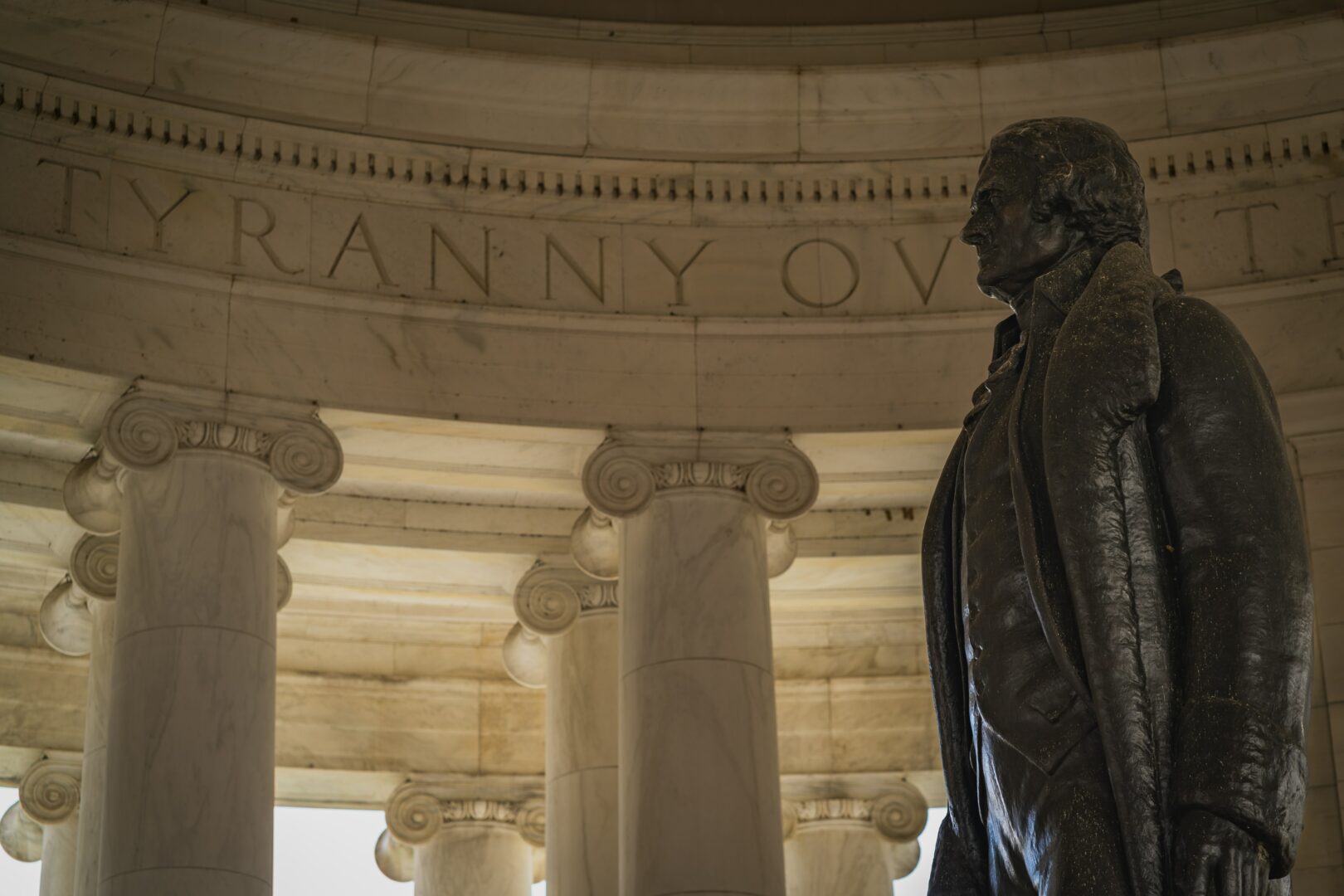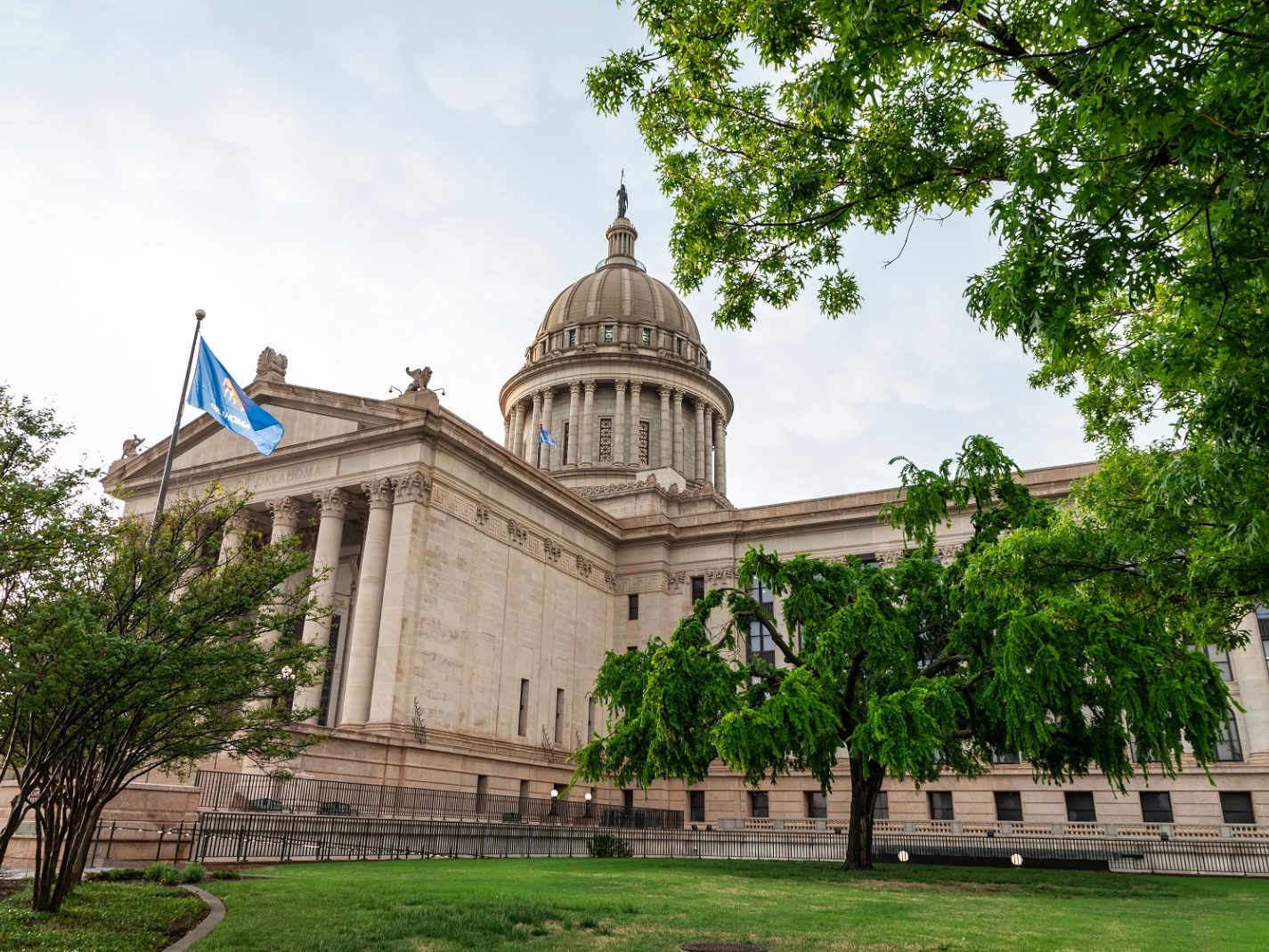Are liberal education and civic education related?
Perhaps the immediate answer is “No.” At its best, a decent liberal education teaches students to think deeply and widely for themselves, opening their minds to the search for the truth about nature and mankind’s most weighty matters. But an education in civics seems to have a more concrete aim: to teach an appreciation for our country and to encourage patriotism.
Though we might think that these are two separate and distinct forms of teaching and subject matters, we would be wrong. The corruption of liberal arts in contemporary America – an education that has become narrow, scattered, and increasingly ideological – is part and parcel of the near destruction of civic education in America.
I believe that the undermining of civic education had at its beginnings with the multicultural slogan that rang out from Stanford University and changed so much in the world of higher education: “Hey, hey, ho, ho, Western Civ has got to go!” And gone away it has.
Today pick up most any university catalogue you choose. You will find required courses in social justice, alternative lifestyles, and the like. Then try to count the number of required courses devoted to American history or Western Civilization. Virtually none exist.
Over the last two to three generations, civic education fell as liberal education itself fell. And I believe that civic education can only rise if liberal education rises with it – or even perhaps if liberal education rises first.
A true civic education cannot exist without a deep and serious understanding of our principles, history, literature, religious traditions, and culture, with all its difficulties and its accomplishments. Without that knowledge, civic education can quickly become shallow and preachy. Without being firmly grounded in the principles that underlie our nation and on the memory of those who fought for them, civic education will fail.
Let’s think about Thomas Jefferson, who was perhaps the most liberally educated person of his day. His education made him an amateur archeologist, a skilled architect, a valuable diplomat, our third president, founder of the University of Virginia, and the eloquent author of those basic principles of liberty and equality that gave America hope and direction. It seems likely that he could read in six languages and was fluent in four. There was hardly a scientific discovery in his time of which he didn’t have knowledge nor were there many classic or philosophic texts beyond his understanding.
Jefferson learned from his study of political philosophy the self-evident truths that lay behind the writing of his – and our – Declaration of Independence. Spurn its history or disdain its author but know that without the vision of human equality that the Declaration contains, our country would not exist.
Or consider John Witherspoon, a professor of moral philosophy and an early president of what would later become Princeton University. Among those who studied under Witherspoon were nine future cabinet members, 12 governors, 21 senators, 39 congressmen, three Supreme Court justices, a vice president, and a president (James Madison), who was also one of five of Witherspoon’s students to serve as a delegate at the Constitutional Convention.
In ways far from modern commencement addresses, Witherspoon famously admonished his students: “Do not live useless and die contemptible.” To Witherspoon, to go to college and not draw from it things not only useful to yourself but especially useful to your country would have seemed a tragic waste.
Still, we may admit that learning all that the liberal arts might offer was absolutely needed in our early leaders. But what of today? The liberal arts, with all its history and philosophy, the study of great books and seminal ideas hardly seem relevant. Do we really need Jefferson and Witherspoon to help us understand our world today?
Yes, because we Americans are collectively all rulers. What we know and what we believe shape not only our individual lives but our civic lives.
We shouldn’t live in ignorance of our national principles and the arguments for them. We shouldn’t be unaware of our history or that of other countries. We shouldn’t be manipulated by the latest slogan, the newest emotional crusade, or by appeals to our passions and biases. We shouldn’t choose those whose only claim is for being known as our leaders.
Our studies should aim, Cardinal John Henry Newman wrote, “at raising the intellectual tone of society, cultivating the public mind, supplying true principles to popular enthusiasms and fixed aim to popular aspirations, giving enlargement and sobriety to the ideas of the age, and refining the intercourse of private life.” Together, liberal and civic education form a kind of communal sensibility and a solid, deep civility.
But let me give the last word to the man we celebrate as the Father of our Constitution: James Madison. In Federalist 10, he wrote that there were three evils to which all democracies are prone: ignorance, instability, and injustice. The last two could, he hoped, be mitigated by constitutional arrangements and institutional structures – the separation of powers, checks and balances, federalism, and the like. But there were no political arrangements that could solve the first problem: ignorance. For that, a rich, broad, and liberal education would be the foremost remedy. And not just for our leaders but for all of us who choose our leaders. As Madison wrote, “What spectacle can be more edifying or more seasonable, than that of Liberty & Learning, each leaning on the other for their mutual & surest support?”
If we have hope of reviving a deep and patriotic love of America and a vibrant civic understanding of the principles on which this nation is based, then a revival of serious liberal education is a necessity. To quote Jack Miller, “The battle for the soul of our country will be won or lost in our classrooms.”
John Agresto is a longtime professor of politics and the retired president of St. John’s College in Santa Fe, New Mexico. He is also a member of the board of the Jack Miller Center. His latest book, which will explore both liberal education and American democracy, is “The Death of Learning” (forthcoming from Encounter Books in August 2022).
Editor’s Note: This article was originally published by RealClearPublicAffairs on April 21, 2022, and is crossposted here with permission.



